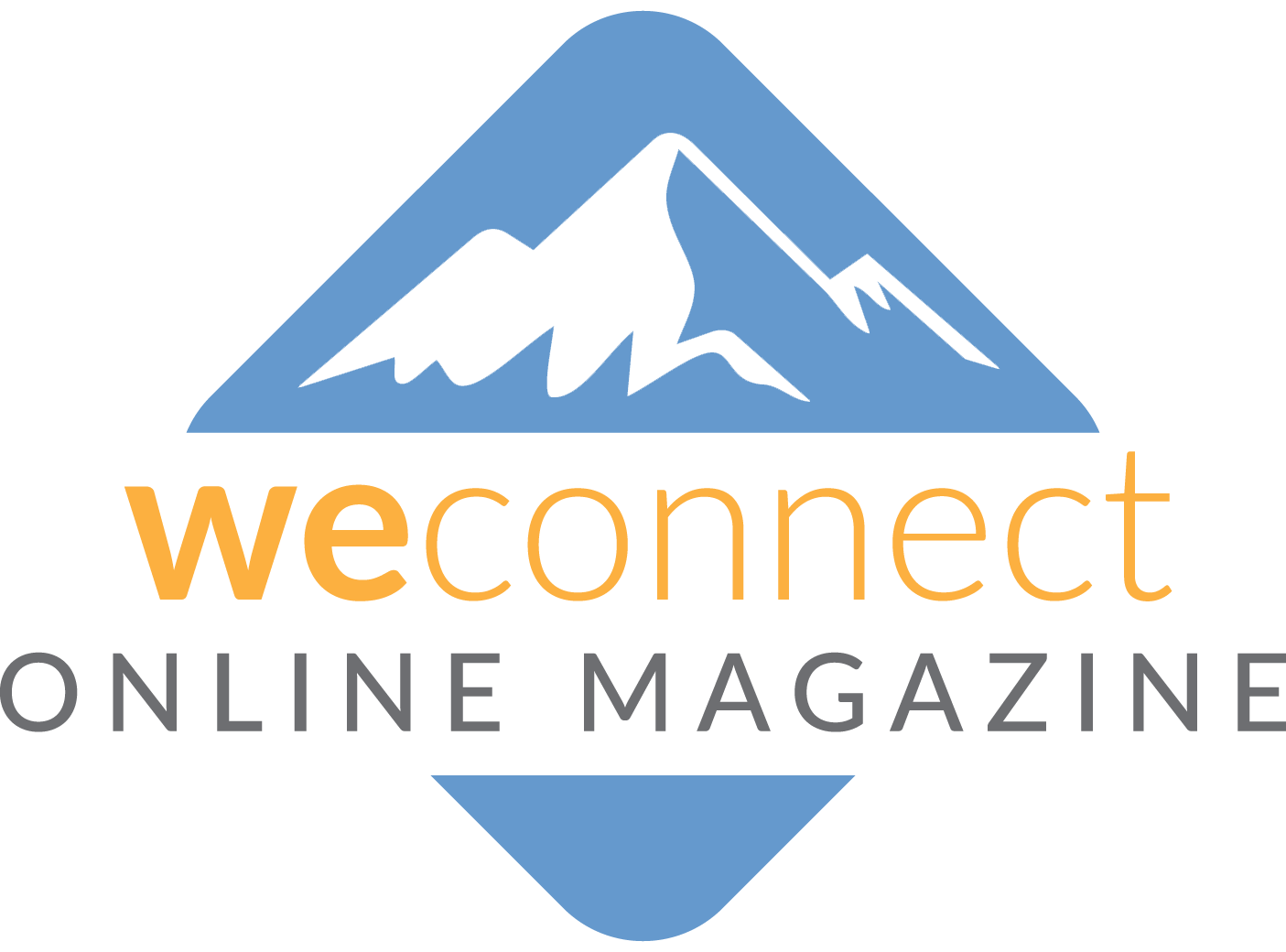Accelerated Change is the New-Norm for the Church

Imagine you are on the beach. You can feel the warm sand between your toes. The gentle waves lull you and lure you to experience their soothing effect on your soul. The beautiful clear water (must be in the Bahamas) is irresistible and even though you are not a water person compels you to take the plunge. You find the warmth of the water refreshing as you frolic in the beauty of God’s creation.
Before too long, you have lost all track of time, and found you have drifted about a mile offshore. You hear behind you the crashing of a massive wall of water and begin to frantically swim away from the crest to save yourself from being driven into the sand by the powerful thrust of water. But, although you try with all your might, the wave ultimately wins and you find yourself in a horizontal tornado of sorts twisting your body as though you have absolutely no control of where you are going. You manage to gasp for air during one cycle, and then are pulled back under again, and again. During one iteration, you manage to peek just above the waterline to see members of you family and work friends all doing the same thing. You repeat this over and over so many times, it doesn’t look like you are going to get out of this tide quickly so you begin to plan lunch and dinner with your family while on the water.
Welcome to our new norm. Change is accelerating.
How do we manage life, church, work with so many changes constantly inflicting their whiles on our plans and strategies?
(Click here for a video version this article https://www.youtube.com/watch?v=SgH_HaKegKM)
We all know that the pandemic has caused all of us to change lifestyles, and ministry norms. Imagine 10 pandemics at once converging on your church. One is medical, one is economic, one is from the government, and then wars, and food scarcity, technology and many others that are hard to even identify. How do we lead in a season of historic accelerated change?
LEARN TO IDENTIFY TRENDS
It may sound a little lofty, but we can actually train our eye to spot trends before they overtake us. Just because an event happens, does not make it a trend. However, if it happens enough it can begin to be tracked as a trend and projected into the future. Whole industries of business are designed to help various segments to identify the trends most likely to impact their industry so they can prepare accordingly. If businesses can use their practices to prepare for they future, ought not the leaders of churches be equipped as well?
LEARN TO BEST-PRACTICES OF THOSE SURFING TRENDS
As it turns out, there are some churches globally that have learned to defy trends and thrive in the midst of very challenging times. These Exponential Churches are named so because they are thriving in times when knowledge and digital businesses are growing exponentially, and these churches have the makings to do the same. It is common practices to learn best-practices from other leaders in their industry. It is normal to send their teams to conferences (often hosted by businesses that are thriving) to learn their own best practices.
As the Church, we do not have to reinvent the wheel. We can learn what is actually working and then apply the principle to our own DNA. Too often we have just prayed ‘for a move of God, or another Jesus movement,’ all the while churches that are thriving are not sought out to learn from.
LEARN TO ADAPT
An eager heart to learn is the beginning point. But learn what? There are too many things to learn. We must focus on the right things that we can apply to our ministry. It is said, “BUSINESSES THAT SURVIVE WILL SURVIVE BECAUSE THEY SCALE THEIR LEARNING, SO THEY CAN KEEP UP THE RAPILY CHANGING WORLD.” Even business must eagerly learn in order to survive in this unprecedented time of accelerated change. In addition, we must adapt what we learn, wrestle with it, argue over it, and make sure our DNA of the ministry we lead is infused in the best-practices we adopt. We cannot simply copy and paste and expect exponential results. We cannot be lazy. We must scale our learning, and then implement the curated principle expressed in the culture of our location and ministry.
These are times like never before as change will continue to increase in velocity. If we are to become the ‘sons of Issachar’ we must embrace an eagerness to learn and adapt quickly.
I know I have raised many questions in this reading and each deserves ample consideration. Where are these churches we can learn from? I have found a number of them in noted in my dissertation case-studies and look forward to sharing with you in forth coming articles some of their best-practices. The Church has simply spent too much time reinventing a brand new shiny wheel, rather than learning from each other and improving the wheel we already have.
How do we scale our learning? Well, there are simply too many things we could learn, so we must ensure the amount of focus and energy we spend learning will thrust us forward not simply occupy the precious space between our ears. How do we stay up with trends and even see them coming before we are disrupted? This is the kind of learning we much teach ourselves to learn, and I look forward to assisting in that journey as well.
Change has always been around us, but it is accelerating at a rate that is causing disruption in every industry. Some have said the next 10 years of change will be equivalent to the entire Industrial Revolution, in 10 years! Noted futurist Ray Kurzweil notes, “The twenty-first century will be equivalent to twenty thousand years of progress at today’s rate of progress; about one thousand times greater than the twentieth century.”[i]
Is it possible to learn to thrive while surfing the wave of change? It certainly is, but it takes a different skillset to do it. I have found churches thriving during all the change all over the world I call Exponential Churches. What if we could learn to surf the 80-foot wall of water of change like Rodrigo in this photo? The good news is we can! We do not have to reinvent the wheel. We just must acquire a new skillset so we can have maximum impact and surf the waves of change rather than be crushed by them.
If we keep asking ‘What is the new-norm?’ hoping to revert back to a little bit different version the old norm, we will we sorely disappointed. Now is the time to equip ourselves, our staff, and our people to thrive in ministry and in their faith as we learn to anticipate the changes that are coming.
You’re either managing the future or the future is managing you[ii].
[i] Cornish, Edward. Futuring: The Exploration of the Future (Kindle Locations 362-368). World Future Society.
[ii] Canton, James. Future Smart: Managing the Game-Changing Trends that Will Transform Your World. Da Capo Press.
Ron Luce studied strategic foresight during his doctoral training at Regent University. After curating best-practices from churches all over the world thriving, he assembled a Masterclass called Exponential 101 to help leaders and their teams discover how these best-practices could be utilized in their own church. For more info go to www.exponentialpastor.com
